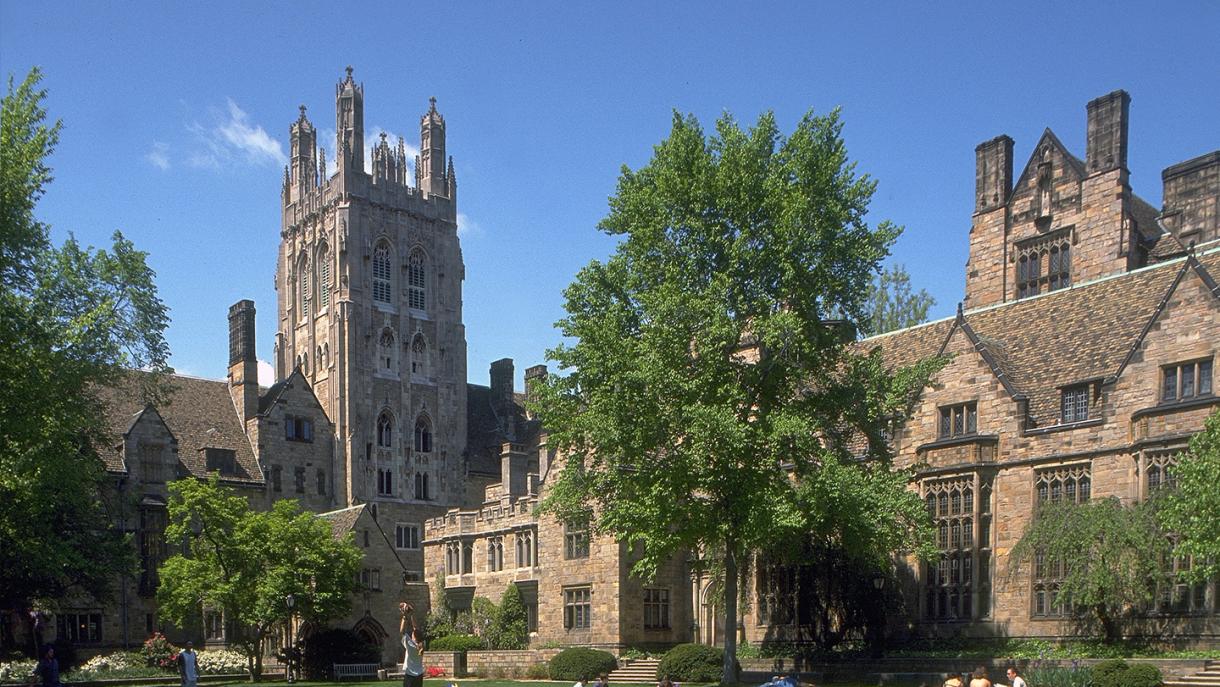
By now you’ve begun to notice a pattern in the news about hedge funds: Nobody is making money anymore, so managers are returning millions to disappointed investors.
The latest to close is Eton Park Capital. But the decision by that fund’s managers is hot on the heels of epic losses by previously high-flying funds.
A few of the notables include Pershing Square Capital (run by activist investor Bill Ackman) and startling declines reported by John Paulson, the manager who famously bet against the housing market before it collapsed.
There has been a lot of interesting analysis as to why this is happening. As my MarketWatch colleague Howard Gold concludes in a recent column, mostly it’s a problem of supply and demand.
Essentially, the ability to consistently beat the stock market is a vanishingly rare talent. Investors who were early in the hedge fund game saw some distinct advantages, which only drew in more investors.
The resulting flood of money, some $3 trillion in total, created demand for which there is no natural supply — managers who deliver repeatable, above-the-market returns after fees.
In a real sense, it’s not different from the dot-com boom, the housing boom, the gold boom and so on. People just pile into the lifeboat until it sinks.
In addition, any kind of secret sauce developed by a given manager will be figured out and replicated, erasing the advantage. It’s inevitable.
For a number of years the big endowments at Yale and Harvard enjoyed a wide-open playing field. Their managers prospered, returned double-digit gains year after year.
Yet in fiscal 2016 Yale delivered 3.4%, a modest return that nevertheless trounced the rest of the Ivy League managers.
Yale’s respected chief investment officer, David Swensen, offers this advice to retirement investors: Use low-cost index funds, diversify globally and rebalance. That’s enough to get the job done.
So why hedge funds? The fundamental lesson taught in business schools is “don’t be in the middle.” If you are going to try to sell a product to a high-end clientele, build that product and charge accordingly. Think perfumes, exotic cars and designer fashion.
The rest belongs to discounters, businesses that market around price and try to create enough quality to keep up. That’s Amazon and Walmart.
The hedge fund industry is the ultimate high-end offer, a very costly and very exclusive product. Taking into account risk, hedge funds ultimately don’t work much differently than ordinary mutual funds but certainly they thrived, for a while at least, on the mere perception of difference.
Perception matters. One study found that the name of the fund affects investment inflows, irrespective of performance.
Call yourself “Master Alpha” or “Capital Dynamic” and the money pours over the transom. Go with “Splitrock Moderate” and fewer want in.
Predictable returns
Now the hedge-fund lifeboat is flooded and investors are clamoring to get out. Who know what they’ll pour money into next? Most likely something else that seems exclusive, costly and secretive — and promises to somehow bend the laws of finance in their favor.
In short, another lifeboat.
Swensen has it right. Retirement investors are best served by diversification, indexing and rebalancing, along with steady contributions. Compounding, the way money grows through reinvestment, is the real secret sauce.
Furthermore, investors are often much better served by ignoring return data, which is actually fairly predictable over long periods, and instead focusing on risk.
If you can keep your investment risk in line with your goals, that is, if you can keep from jumping into the next high-risk lifeboat, you can retire with more.





